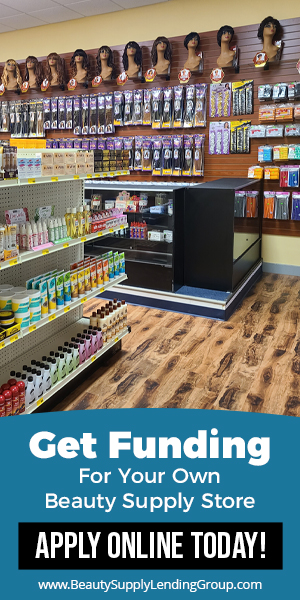The COVID-19 pandemic has had a disproportionate impact on Black-owned businesses. Prior to the pandemic, Black-owned businesses were already facing significant challenges – including systemic inequalities in access to capital, customers, and resources – but they have been hit particularly hard by this one.
As a result, many Black-owned businesses have struggled to survive the economic disruption caused by the pandemic. However, some efforts have been made to support Black-owned businesses in recovering from its effects. These include grants, loans, community support, and partnerships.
Financial Assistance
One of the most significant efforts has been the provision of financial assistance through grants and loans from the federal government and some cities. For example, the U.S. Department of Treasury’s Paycheck Protection Program (PPP) provided forgivable loans to small businesses to help them keep their employees on the payroll during the pandemic. Black-owned businesses were able to access these funds, but the program was criticized for not doing enough to help the businesses that were struggling the most.
Support From Locals
Another important effort has been the support of local communities. In many cities, community organizations, activists, and individuals have come together to support Black-owned businesses through initiatives such as online directories, “buy Black” campaigns, and crowdfunding.
For example, in Atlanta, the Black-owned Business Fund was established to provide grants to Black-owned businesses affected by the pandemic. The fund has already helped dozens of businesses in the city, including restaurants, beauty salons, and retail stores.
Partnerships
In addition to community support, partnerships with corporations have also played a key role in supporting Black-owned businesses. Some corporations have committed to increasing their spending with Black-owned businesses, creating new business opportunities for these entrepreneurs.
For example, Target has pledged to spend $2 billion with Black-owned businesses over the next five years and has launched a program to provide training and support to Black-owned businesses in its supply chain.
Increased Visibility
Online marketplaces, such as Amazon and Etsy, have made it easier for Black-owned businesses to reach a larger customer base. That has greatly helped to drive sales and support the recovery of Black-owned businesses.
Financial Education and Counseling
Many Black-owned businesses have received financial education and counseling to help them navigate the challenges posed by the pandemic. The financial education from blogs, community centers, and Black-owned financial institutions and lenders has helped Black entrepreneurs to better understand the resources available to them. This has helped them to make informed decisions about their finances and to develop strategies for recovery.
Conclusion
It is well documented that Black-owned businesses were disproportionately affected by the COVID-19 pandemic. According to a National Bureau of Economic Research report, the number of active Black-owned businesses fell by 41% between February and April 2020, compared to a 17% decline for all businesses.
However, various initiatives have been aimed at supporting Black-owned businesses during the recovery process. This includes government funding, community support, and increased visibility through online marketplaces. Despite these efforts, the road to recovery is likely to be long and challenging, and the impact of the pandemic will likely continue to be felt for some time.






